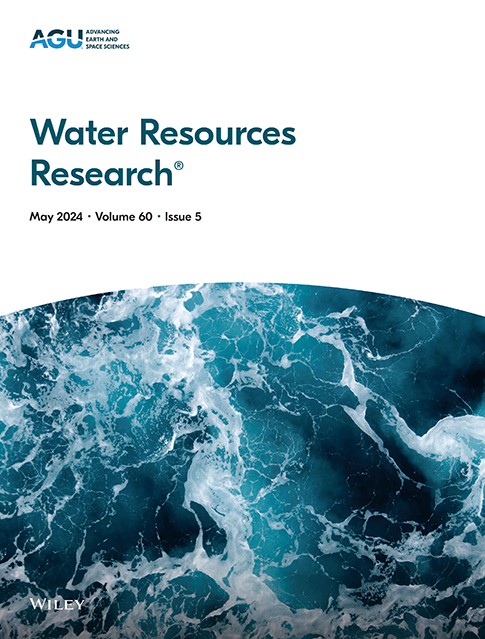作为水文气象辅助工具的地基模型:机遇、挑战和前景
IF 5
1区 地球科学
Q2 ENVIRONMENTAL SCIENCES
引用次数: 0
摘要
水文气象学中大多数最先进的人工智能应用都是基于经典的深度学习方法。然而,这种方法不能自动集成多个功能来构建单个智能代理,因为每个功能都是由在独立数据集上训练的单独模型实现的。基础模型(FMs)可以处理不同的输入并执行不同的任务,为克服这一挑战提供了大量的机会。在这篇评论中,我们评估了三种最先进的fm,特别是gpt - 40, Claude 3.5 Sonnet和Gemini 1.5 Pro,如何在水文气象学的四种关键任务类型中执行:数据处理,事件诊断,预测和预测以及决策。模型在前两种任务类型中表现良好,为决策者提供了有价值的信息,但在生成可靠的预测方面仍面临挑战。此外,这篇评论强调了对FMs使用的担忧:幻觉、责任、过度依赖和开放性。最后,我们提出,加强人类与人工智能的合作和开发特定领域的FM可以推动FM在水文气象学中的未来应用。我们还提供了具体的建议来实现这些观点。本文章由计算机程序翻译,如有差异,请以英文原文为准。
Foundation Models as Assistive Tools in Hydrometeorology: Opportunities, Challenges, and Perspectives
Most state-of-the-art AI applications in hydrometeorology are based on classic deep learning approaches. However, such approaches cannot automatically integrate multiple functions to construct a single intelligent agent, as each function is enabled by a separate model trained on independent data sets. Foundation models (FMs), which can process diverse inputs and perform different tasks, present a substantial opportunity to overcome this challenge. In this commentary, we evaluate how three state-of-the-art FMs, specifically GPT-4o, Claude 3.5 Sonnet, and Gemini 1.5 Pro, perform across four key task types in hydrometeorology: data processing, event diagnosis, forecast and prediction, and decision-making. The models perform well in the first two task types and offer valuable information for decision-makers but still face challenges in generating reliable forecasts. Moreover, this commentary highlights the concerns regarding the use of FMs: hallucination, responsibility, over-reliance, and openness. Finally, we propose that enhancing human-AI collaboration and developing domain-specific FMs could drive the future of FM applications in hydrometeorology. We also provide specific recommendations to achieve the perspectives.
求助全文
通过发布文献求助,成功后即可免费获取论文全文。
去求助
来源期刊

Water Resources Research
环境科学-湖沼学
CiteScore
8.80
自引率
13.00%
发文量
599
审稿时长
3.5 months
期刊介绍:
Water Resources Research (WRR) is an interdisciplinary journal that focuses on hydrology and water resources. It publishes original research in the natural and social sciences of water. It emphasizes the role of water in the Earth system, including physical, chemical, biological, and ecological processes in water resources research and management, including social, policy, and public health implications. It encompasses observational, experimental, theoretical, analytical, numerical, and data-driven approaches that advance the science of water and its management. Submissions are evaluated for their novelty, accuracy, significance, and broader implications of the findings.
 求助内容:
求助内容: 应助结果提醒方式:
应助结果提醒方式:


